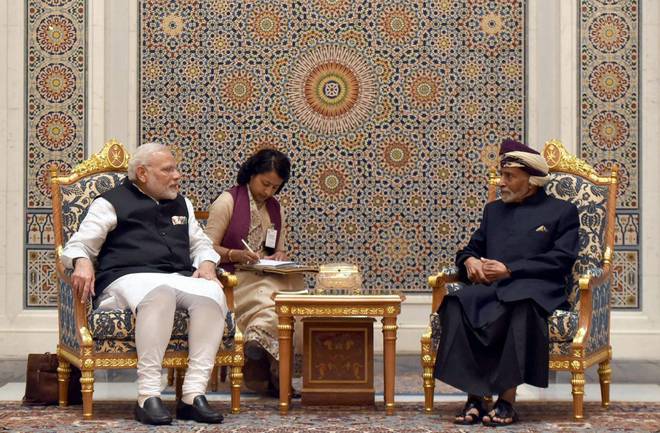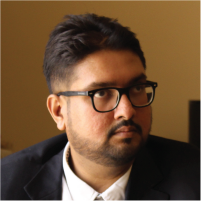
- 17 May 2018
[Arabia Asia] The Role of Trading Families in the India-Oman Track II Diplomacy
[This event was organised by MEI’s Arabia-Asia Research Cluster, as part of its monthly internal seminar series.]
Attendance was open to the NUS community only – Interested participants not from NUS could email meievent@nus.edu.sg.
Abstract
The Role of Trading Families in the India-Oman Track II Diplomacy
The Omani Sultanate has had historical ties with India since the early modern period with traders from the Kutch region of present day Gujarat at the forefront. Muscat’s port has been a hub for not just the Kutchis, but Baniya traders of all shades and stripes who took advantage of the possibilities offered by Oman’s empire to link India with East Africa. These trading families have lived and worked in Oman for decades. Some families have even been awarded Omani citizenships and investment visas. Prominent Omani trading families of Indian descent are the Khimjis, the Kotharys and the Nenseys, among others. The locus of the trading diaspora has shifted towards Kerala in the past four decades, with numerous successful Oman-based businesses expanding in sectors ranging from construction to retail. The Indian trader has woven himself into the fabric of Omani society. Indian-led businesses sponsor community events, maintain places of worship and connect thousands of fellow Indians with employment opportunities.
The talk charted the genealogy and stratification of the Indian trading diaspora in Oman and attempt to locate the trader as a node for the flow of capital, information and labour in relations between India and Oman. It showed how the Indian trading diaspora is adapting to broader political developments in the Persian Gulf and profiting from a warmer diplomacy between India and Oman in the past few years. The talk analyzed how the Indian trader mediates the relationship between his adopted country and the Indian Hard State.
About the Speakers

Researcher
Manishankar Prasad is a writer and researcher based in Muscat, Oman. He holds a Master’s degree in Environmental Engineering from the National University of Singapore. He has also completed the coursework phase of a Master’s in Sociology at the Nanyang Technological University as a National Research Foundation Scholar. He has presented papers on various themes ranging from technology policy to sociolinguistics. He has a wide and varied media presence and was interviewed by Forbes on emerging issues like food security and demonetisation. He has been a consultant for Fortune 500 companies, public sector clients, start-ups and non-profits in Singapore, Oman, South Sudan and India for about eight years. He specializes in environmental and social impact assessment for civil, wet and renewable infrastructure projects in his day job.




